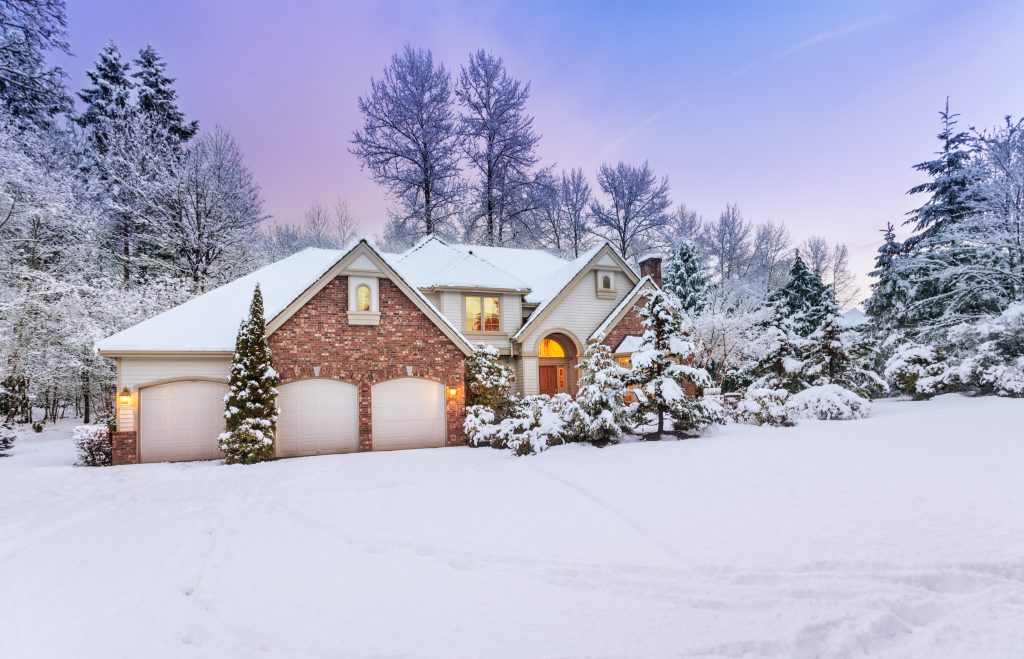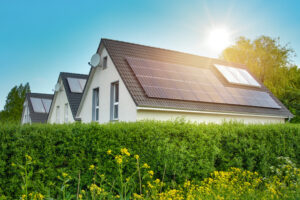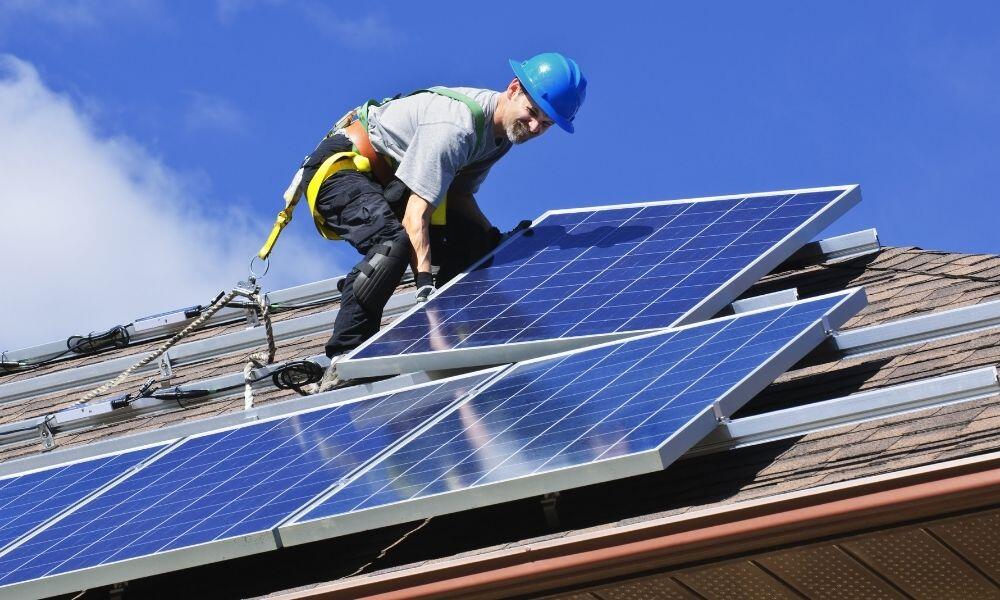Does Weather Affect Solar Energy Production?

As its name suggests, solar power relies on solar energy to generate power, but that doesn’t mean it needs clear, blue skies to function. Solar panels are highly efficient in cold weather because they rely on light, not heat. Cold, sunny days can even encourage voltage production. Studies show that solar panels are most efficient at 77 degrees, losing 1% efficiency with every additional degree. You might experience a capacity loss of between 10% and 30% in winter due to barriers like snow and long winter nights. That doesn’t mean you need to tolerate less power, though. Your excess solar energy can be stored in an electric battery pack for peak use. Short-term storage will keep the lights on during temporary disruptions like passing clouds. Solar Liberty will make your solar journey easier through our personalized consultations and custom solar design. Installation is only the first step of the journey. Once your panels are in place, we can follow up, repair breakages, and perform routine maintenance.
Rain
Solar panels rely on the photovoltaic effect to absorb solar radiation in the form of photons, which scatter and diffuse through water. Solar panel electrons move as they engage with the sun’s rays, producing power. That means they can still collect solar energy through rain, but on cloudy days, they can only generate 30% to 50% of their optimal rates. In heavy rain, that number may decline by 10-20%, depending on the density of the clouds. That said, if you choose your capacity intelligently, that won’t interrupt your power. The rain will clean your panels, improving their efficiency once the clouds have passed.
Snow
Snowy weather brings cool temperatures that boost your panels’ voltage production. Sunlight can even reach your panels through a layer of snow because they’re designed to speed up melting before it creates a catastrophic barrier. A good solar installation will also place your panels at an angle to shed snow naturally. The albedo effect will bring out the best in your panels as light reflects off the snow and ice cools down your panels. Even the snowiest regions won’t experience severe power loss. In fact, solar panels have become a reliable power supply in Antarctica and Alaska. Even the coldest climates can offer exceptional power production.
Cloudy Days
Cloud cover is one of the few weather events that can disrupt energy production, but you won’t experience a total blackout. Heavy cloud cover will reduce efficiency, allowing your panels to produce 10-30% of their capacity. Solar battery storage will keep you off the grid and provide a more reliable energy source during severe storms. A grid-connected system with its own storage offers a level of resilience that ordinary electricity no longer can.
Wind
Water vapor and tiny droplets reflect sunlight away from solar cells, reducing the photovoltaic effect. Wind encourages evaporation and keeps your panels dry, so it’s perfect for achieving optimal results. Wind also cools down your solar panels, so windy days will increase energy production. With your solar efficiency at its peak, you can store the excess for a more challenging day.
Why Choose Solar Liberty?
Solar panels and battery storage require a significant investment, but we make it worth the commitment. We design custom solar solutions that make the most of your property and budget. Every energy profile is different, so our solar advisors will work through the process with you. We excel at simplifying the renewable energy process, allowing you to take control of rising energy costs.
To explore your solar options in New York, contact us online or call 866-807-3639.




